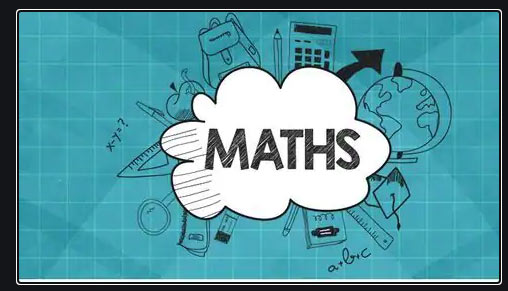Multiplicative Identity
Definition:
When an element is multiplied by an element of a particular set, it gives the element unchanged, is known as multiplicative identity.
such that,
“a” is the element of any set, now multiplying any number with “a” gives the number unchanged. i,e
a * 6 = 6
Here “a” is the multiplicative identity which gives the number unchanged.
An example of Example Multiplicative Identity
For real numbers, it is number 1, which is multiplied by any number gives that number unchanged.
Another Example of proper understanding:
5 * 1 = 5
Multiplicative Inverse
Definition:
When an element is multiplied by an element of a particular set, it gives multiplicative identity i,e 1. This property is called the multiplicative inverse.
The multiplicative inverse of a number state, A is represented by
1/A or A-1
It is also called reciprocal, originated from a Latin word ‘reciprocus‘. meaning something which is opposite.
The reciprocal of a number acquired is such that when it is multiplied with the original number the value equals to identity 1.To put it simply, it is a technique of dividing a number by its own to produce identity 1, for instance, N/N = 1.
An example of Multiplicative Inverse
For real numbers, the multiplicative inverse is the reciprocal of the actual number.
Another example of proper understanding:
5 * 1/5 = 1

